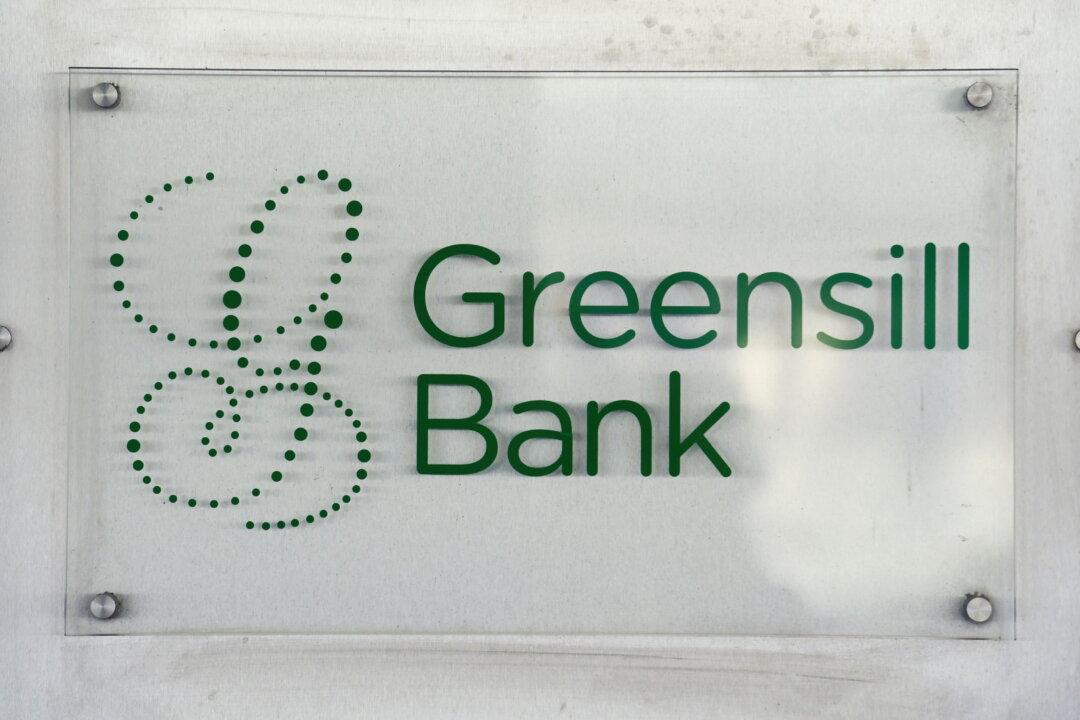Six of the seven loans that Greensill Capital gave to Sanjeev Gupta’s business empire were provided on the same day, new documents show.The six loans could cost the taxpayer up to £240 million and were so concerning to officials that they paused all government-backed lending by Greensill just days later.
During the COVID-19 pandemic the government said it would back loans to large companies under the Coronavirus Large Business Interruption Loan Scheme (CLBILS).




